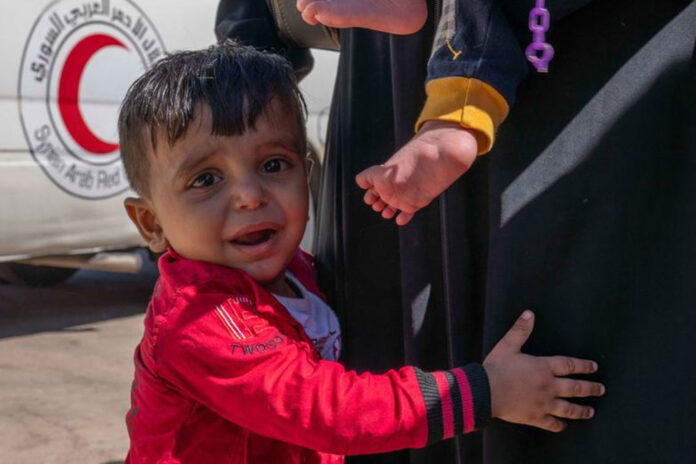As the conflict between Israel and Hezbollah intensifies, Israel has significantly escalated its military operations in Lebanon, leading to substantial geopolitical repercussions and humanitarian concerns. This ongoing conflict, which has surged over the past year, saw a new peak with Israeli ground forces initiating operations in southern Lebanon, aiming to dismantle Hezbollah’s fortified positions.
Since the inception of hostilities, the Israel Defense Forces (IDF) have conducted numerous airstrikes targeting Hezbollah infrastructure. The situation escalated markedly following the death of Hezbollah’s leader, Hassan Nasrallah, in an Israeli airstrike, which has led to an increase in cross-border exchanges of fire and a deepening of the conflict.
As of late September 2024, the IDF has expanded its military footprint into southern Lebanon, engaging in what it describes as “limited, localized, and targeted ground raids.” These actions are part of a broader strategy to weaken Hezbollah’s military capabilities and curb its influence in the region. Despite global calls for de-escalation, the conflict continues to expand, risking a broader regional conflagration.
The humanitarian impact of the conflict is profound. The Lebanese government has reported significant civilian casualties and displacement, with recent strikes leading to the deadliest day of conflict in nearly two decades. According to local health officials, recent Israeli airstrikes in Beirut and its southern suburbs have resulted in nearly 500 fatalities and over 1,600 injuries. The escalation has displaced tens of thousands, with more than 90,000 people in Lebanon and about 60,000 in northern Israel forced to flee their homes.
The U.S. has been actively involved in diplomatic efforts to stabilize the situation, warning against the expansion of the conflict into an all-out war, which could have severe implications for regional stability. Despite these efforts, the violence has escalated, with both Israel and Hezbollah preparing for prolonged engagement.
Israeli Prime Minister Benjamin Netanyahu has stated that the operations are necessary to protect Israeli citizens from Hezbollah’s aggression and to ensure the security of the northern borders. Meanwhile, the international community, including the United Nations and various humanitarian organizations, has raised alarms about the escalating humanitarian crisis, urging an immediate ceasefire and protection for civilians.
The conflict has not only caused immediate loss of life and displacement but also poses long-term challenges for the region. The destruction of infrastructure and the ongoing violence threaten to undermine years of development and stability in Lebanon, potentially setting back the country’s economic and social progress.
As the situation develops, the world watches closely, hoping for a resolution that brings peace and stability back to a region long plagued by conflict. The outcomes of this conflict will likely influence Middle East geopolitics for years to come, as stakeholders both within and outside the region reassess their strategies and alignments based on the unfolding events.










